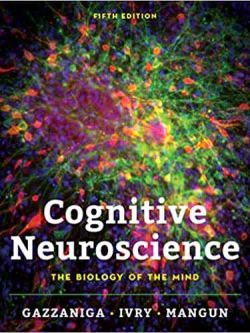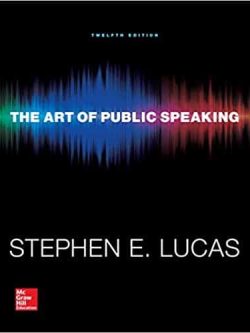Specifications
| book-author | Robert Roco Cottone ; Vilia M. Tarvydas ; Michael T. Hartley |
|---|---|
| file-type | |
| isbn10 | 0826135285 |
| isbn13 | 9780826135285 |
| language | English |
| publisher | Springer Publishing Company |
Book Description
**”Ethics and Decision Making in Counseling and Psychotherapy” (5th Edition)** by Robert Roco Cottone, Vilia M. Tarvydas, and Michael T. Hartley is a comprehensive resource that explores ethical frameworks and the decision-making processes in counseling and psychotherapy. This edition continues to provide in-depth discussions of ethical dilemmas that professionals encounter in their practice, while integrating current issues, legal standards, and evolving ethical challenges in the mental health field.
### **Key Features and Content Overview:**
#### **1. Ethical Foundations in Counseling and Psychotherapy**
– **Core Ethical Theories:** The book presents foundational ethical theories such as deontology, utilitarianism, and virtue ethics, and how they apply to counseling practices. It helps professionals understand the philosophical underpinnings of ethical decision-making.
– **Ethical Codes:** It provides an analysis of major ethical codes from organizations like the American Counseling Association (ACA) and the American Psychological Association (APA), offering a clear understanding of professional guidelines.
#### **2. The Ethical Decision-Making Model**
– **Cottone's Model:** The authors present the Cottone's Social Constructivist Model of ethical decision-making, which is central to the book. This model emphasizes collaborative and systemic approaches, focusing on how ethical decisions are shaped by social contexts and relationships.
– **Step-by-Step Process:** The text walks readers through a structured, step-by-step process for navigating ethical dilemmas, offering practical tools to aid professionals in making sound decisions that are legally and ethically appropriate.
#### **3. Contemporary Ethical Issues**
– **Current Challenges:** This edition includes updated discussions on modern ethical issues such as teletherapy, confidentiality in a digital age, cultural competency, and managing multiple relationships in therapeutic contexts.
– **Legal and Regulatory Changes:** The book highlights recent changes in laws and regulations governing mental health practices, ensuring that counselors stay informed of their legal responsibilities.
#### **4. Multicultural and Diversity Considerations**
– **Cultural Competency:** The authors emphasize the importance of cultural awareness in ethical decision-making. The text addresses the need for sensitivity to diverse populations, including considerations of race, gender, sexuality, and disability, within the counseling relationship.
– **Ethical Challenges in Multicultural Settings:** It explores how multiculturalism influences ethical practices and how counselors can navigate complex situations where cultural values may conflict with ethical standards.
#### **5. Case Studies and Practical Applications**
– **Real-Life Scenarios:** The book includes numerous case studies that illustrate common ethical dilemmas faced by counselors and psychotherapists. These case studies serve as practical examples of how ethical theories and decision-making models can be applied in real-world situations.
– **Discussion and Reflection:** Each case study is followed by reflection questions that encourage readers to think critically and develop their ethical decision-making skills.
#### **6. Professional Boundaries and Self-Care**
– **Boundary Issues:** The text covers critical topics such as maintaining appropriate professional boundaries, handling conflicts of interest, and navigating dual relationships in therapy settings.
– **Self-Care for Professionals:** Recognizing the emotional toll of ethical decision-making, the book emphasizes the importance of self-care for counselors and offers strategies to prevent burnout and maintain ethical clarity.
### **Conclusion**
**”Ethics and Decision Making in Counseling and Psychotherapy” (5th Edition)** by Robert Roco Cottone, Vilia M. Tarvydas, and Michael T. Hartley is an essential guide for counselors, psychotherapists, and mental health professionals. With its structured decision-making model, real-life case studies, and emphasis on cultural competence, the book equips professionals with the knowledge and tools necessary to navigate complex ethical issues in practice. This edition remains a critical resource for ethical reflection, decision-making, and legal awareness in the counseling field.












Reviews
There are no reviews yet.